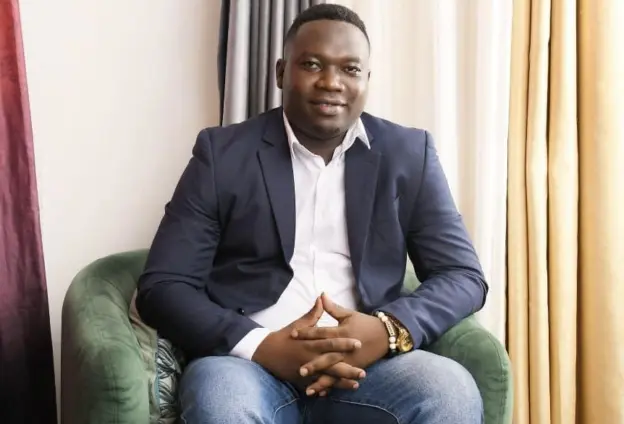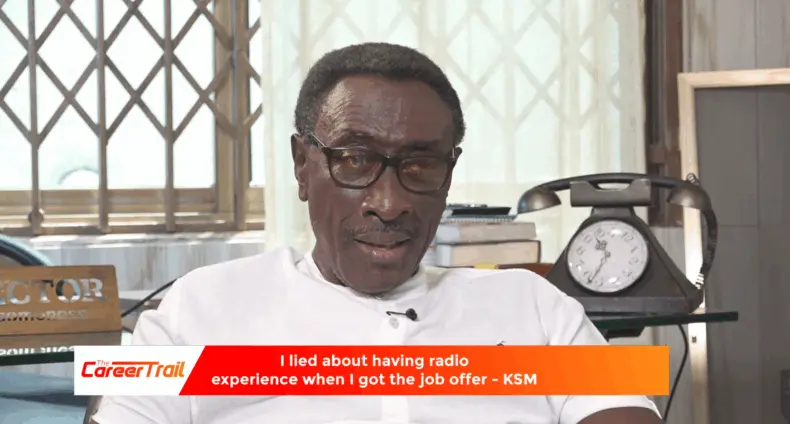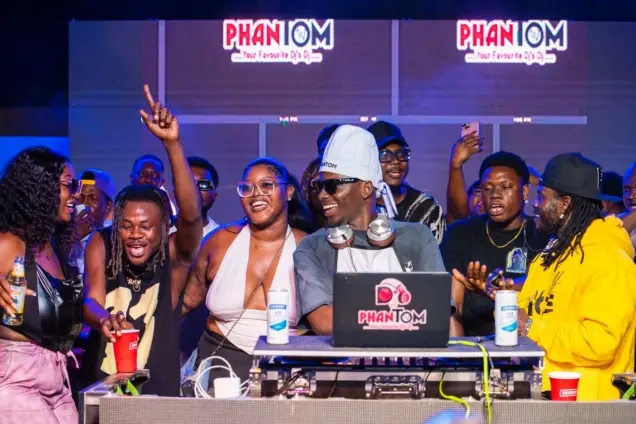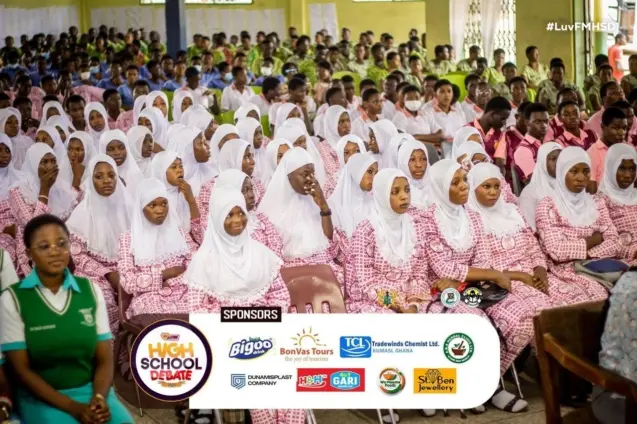The 26th Telecel Ghana Music Awards (TGMA) was met with considerable excitement this year. While many celebrated the event’s success, creative entrepreneur NanaYaw Wiredu offered some constructive criticism regarding the production, specifically its apparent focus on television audiences at the expense of the live experience. Wiredu, known for his work at OnePlay Africa, shared his insights during a discussion on Joy FM’s Showbiz A-Z, highlighting what he saw as a need for a more balanced production approach.
Wiredu’s comments touched on a core issue: was the Telecel Ghana Music Awards (TGMA) production truly serving both audiences effectively, or was it prioritizing the broadcast over the in-person attendees?
According to Wiredu, the event seemed heavily geared towards television viewers, potentially diminishing the experience for those present at the venue. He argued that a "hybrid" production approach, designed to cater to both audiences simultaneously, could have significantly improved the overall flow and engagement.
TGMA’s TV-Centric Approach: A Missed Opportunity?
Wiredu’s main argument centered on the idea that the Telecel Ghana Music Awards (TGMA) production was conceived and executed primarily for television consumption. He believed this skewed the experience, leaving the live audience feeling somewhat disconnected. "They could have done everything they wanted to do if they were producing the event two-way; a hybrid. So the event was produced for television. It wasn’t produced for us at the event," he explained. A hybrid production, in this context, would involve carefully planning each segment to resonate with both those in the room and those watching from home.
This disconnect extended to the live performances, which Wiredu suggested were primarily intended to fill lulls in activity for the live audience. He also pointed to Naa Ashorkor’s hosting style as an example of this TV-centric approach. "Naa Ashorkor wasn’t talking to us. She was talking to TV. At a point if you were listening to them keenly, you could hear the directions coming in. It was for television," Wiredu observed, suggesting that the host’s cues and interactions were primarily directed at the broadcast, further isolating the live attendees.
Production Tweaks for Enhanced Fluidity
Wiredu believes that with some key adjustments, the Telecel Ghana Music Awards (TGMA) production could achieve a smoother and more engaging flow. This begins with tailoring performances to suit a hybrid model.
Wiredu emphasized the importance of pre-planning and producing performances specifically for both television and live audiences. Performances, he argued, need to be consciously designed for the chosen production model to ensure they resonate effectively with everyone watching, regardless of their location.
Another challenge Wiredu highlighted was prop management. He noted the limited backstage space and small entrances, which made moving props on and off stage a cumbersome and time-consuming process. "Now, the entrances from the backstage to the stage were very small so props had to be removed one after the other – and that takes time because it is human work," he said.
To address these issues, Wiredu suggested segmenting the stage into three distinct areas. This could involve dedicating separate stages for presenters and hosts, which would minimize breaks and delays between awards. "If they had separated that, we could have had a lot of award presentations taking a flow without breaks," he explained. This approach could significantly improve the show’s pacing and keep the audience engaged.
In summary, NanaYaw Wiredu’s critique of the Telecel Ghana Music Awards (TGMA) production underscores the importance of striking a balance between the television broadcast and the live audience experience. While acknowledging Charterhouse’s efforts and the event’s overall positive reception, Wiredu’s insights offer valuable lessons for future productions.
By carefully considering both TV and live audiences, the Telecel Ghana Music Awards (TGMA) production can create a truly memorable and engaging experience for everyone involved. Continuous improvement and adaptation are key to ensuring the event remains a highlight of the Ghanaian music calendar. What were your experiences at the event? Share your own suggestions for improving award show productions in the comments below.
Image Source: MYJOYONLINE





















